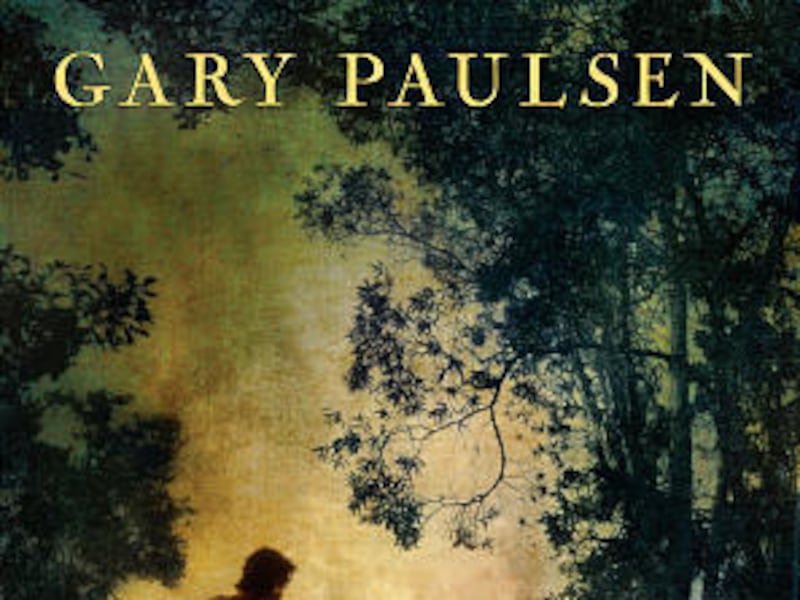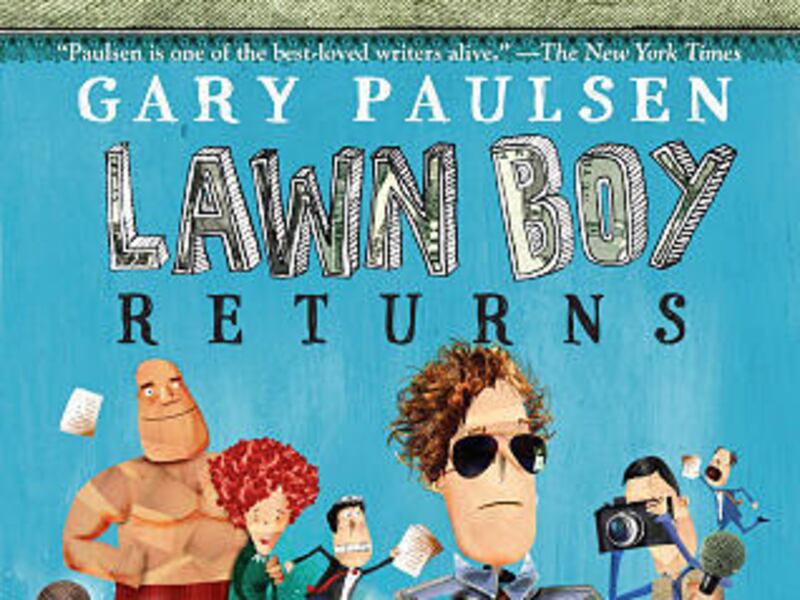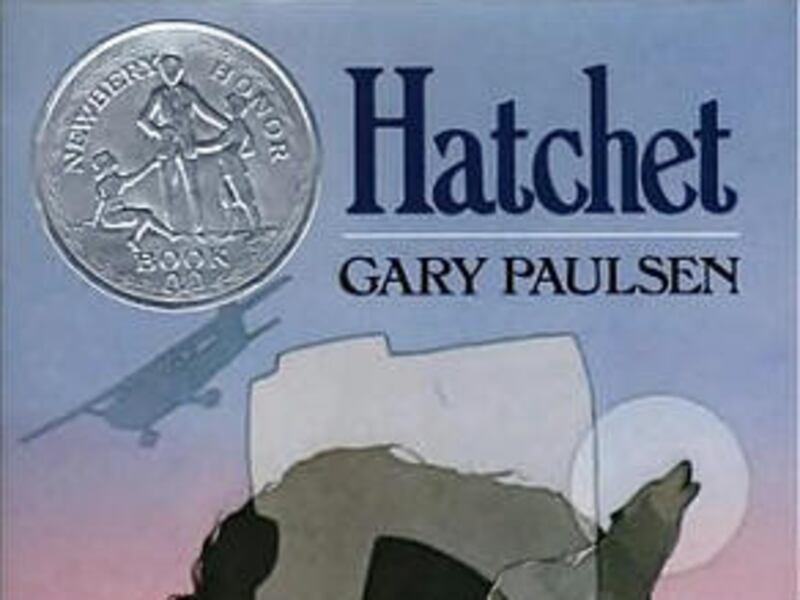Read all the time.
It may seem like odd advice from someone who failed the ninth and 10th grades, but it's what three-time Newbery Honor author Gary Paulsen tells young readers every time he meets them.
"I read all the time," Paulsen said in a phone interview from what he calls his "shack" in the mountains of New Mexico. "I tell young people to read like a wolf eats. Read when they tell you not to read, and read what they tell you not to read.
"Kill your TV — they're fun to shoot. However you kill it, kill it. Then where you had TV, read. Carry a book with you. Read on the bus. Read under the covers at night. Read any book with you. Just read."
School was a nightmare for Paulsen, who says his parents were the town drunks and did little to help him academically. But when a public librarian turned him on to reading at age 13, he found an escape.
"I had no home life, no school life, almost no friends," Paulsen said. "This librarian kind of intellectually took me under her wing and got me into reading. I think what happened was that kind of transposed itself into wanting to be a writer."
And after publishing more than 200 books, there is little doubt that Paulsen — who is perhaps best known for his book "Hatchet" — is a writer. It's a craft he continues to work hard at perfecting.
Becoming a writer wasn't easy, though. Paulsen served three years in the Army and worked as a satellite technician for an aerospace firm before taking a job as a magazine proofreader.
The way Paulsen learned to write was hard-core. He was able to convince three magazine co-workers and one of their wives to help him hone his skills, but that required a lot of work on his part.
During that time, Paulsen would write a chapter for a book, an article or a short story every night — none of it to be published. He would turn in his "homework" the following day for evaluation, and his teachers were merciless in their critiques.
But two things came of all that hard work, Paulsen said. "I learned how to study to be better, and I worked. I worked all the time."
That hard work has carried on for some 50 years. So much so that Paulsen even tried to write while running the Iditarod sled-dog race, which he has done twice.
He takes no time off, writing in dog camps in Alaska, while camping in the woods and while sailing boats in the South Pacific, even if that means doing the writing in longhand.
"I love writing the way you fall in love," Paulsen said. "And I've never stopped doing that."
And he loves writing for young people.
It's fruitless to write for adults, Paulsen said. Adults are locked into car payments and divorce. But children and teenagers are open to new ideas and new concepts.
When Paulsen started to write for young people, he went around to schools all over the country. He slept in his car or on teachers' porches, staying on the road for weeks at a time. He would show slides from the Iditarod, and then he would eat in the cafeteria with the students. There, he would listen to how they talked, what they were doing and how their language was paced.
Paulsen used that research to connect with his readers, especially boys, though at first he was told writing for boys was a waste of time. So he wrote general books instead, writing toward boys but not completely focusing on them.
That voice resonated with both youths and adults, earning him Newbery Honor recognition for "Dogsong" in 1986, "Hatchet" in 1988 and "The Winter Room" in 1990.
And more than 20 years after its release, "Hatchet" remains a classroom staple. Paulsen, who still gets hundreds of letters a week from fans of the book, says it hit a nerve that nobody quite understands. "I think what makes it real is that most of that happened to me," Paulsen said.
"I would say I'm flattered (by the book's popularity) but it's deeper than that. A lot of letters that I get are from kids who are in trouble. … They tell me things that they might not tell other people. … They recognize that I was not a lucky child. My childhood was a nightmare, but if I got through it, then other people can. And that's what I tell them. Take a shot at it."
Years after his first book was published, Paulsen continues to "take a shot at it," with two new books released already this year. "Lawn Boy Returns" is the companion to "Lawn Boy," and "Woods Runner" is a stand-alone novel about a teenage boy living during the Revolutionary War.
While the Lawn Boy books are for fun, "Woods Runner" is a book Paulsen thinks will be useful. In it, he tells the story of the war from the "grunt" point of view.
"It bothers me that we hear a lot about people like Thomas Jefferson and George Washington but not the grunts," Paulsen said. "It was a horrible war. It was like Vietnam. It was eight years of slaughter. And the guys who took it were these grunts."
It's a fine line to include historical details without distracting from a story's flow. So Paulsen included little inserts based on research into how dysentery affected the soldiers and how weapons worked. That, included with a harrowing story, creates something special of which Paulsen is very proud.
"Stories are like a river that goes under you or around you," Paulsen said. You dip a bucket in, and you don't know what you get. … But you learn to write that thing.
"I would try anything to make the story better, and I always come back to writing. … It's so complete because you're using the reader's brain as your primary part of your tools. There are rhythms and pacing, and part of the joy in writing is to find those things and work with them."
If you go...
Who: Gary Paulsen
When: April 14, 7 p.m.
Where: Rowland Hall Upper School, 843 Lincoln St., Salt Lake City
Phone: 801-484-9100
Web: www.kingsenglish.com
Also …
When: April 15, 6 p.m.
Where: Deseret Book, 1110 E. Fort Union Blvd., Midvale
Web: www.garypaulsen.com
e-mail: jharrison@desnews.com




